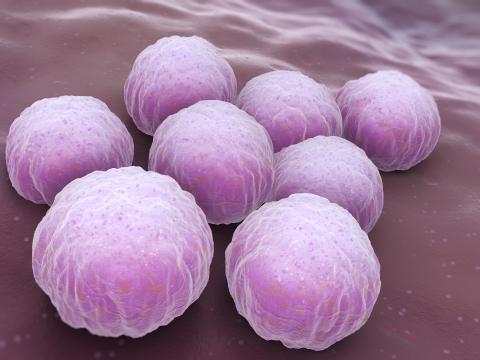STD: Chlamydia
Chlamydia is a sexually transmitted disease (STD) caused by a bacterium called Chlamydia trachomatis. It is the most commonly reported communicable disease in Wisconsin.
Health care professionals should go to the Health Care Professionals webpage for information on reporting STDs and other items.
Am I at risk for chlamydia?
If you are having sex, you can get chlamydia. You are at greater risk if you are a:
- Teenager having sex
- Person with any STD
- Person with a sex partner who has an STD
- Person with more than one sex partner
- Person with a new sex partner
- Person using social apps to find sex partners
How can I avoid exposure to this infection?
There are many ways to prevent getting chlamydia. Practice safer sex:
- Use condoms or dental dams every time you have sex. These barriers protect you and your partner from sexual fluids and some skin-to-skin contact, which can both spread STDs.
- Get tested for STIs regularly. Most people with STDs don’t have symptoms or know they’re infected, and they can easily pass the infection to their partners. So testing is the only way to know for sure whether or not someone has an STD.
- Have honest conversations around sexual history with your partner(s). Talk about past partners, history of STIs, and drug use before beginning sexual relations with a new partner. This can help you know about your risk and ways to prevent STIs.
- Check your body frequently and be aware of your partner's body. Look for signs of a sore, blister, rash, or discharge.
- Wash shared sex toys with soap and water before they touch another person’s body. You can also use condoms on sex toys—change the condom before it touches another person’s body.
Fact sheets
Learn more about the causes, risk factors, and treatment of chlamydia:
- Department of Health Services Chlamydia fact sheet, P-42036 (in multiple languages).
- CDC (Centers for Disease Control and Prevention) fact sheet (fact sheet in Spanish)
Testing and treatment
Find locations around the state where you can get tested. Many of these locations allow you to get expedited partner therapy (EPT) for your partner.

